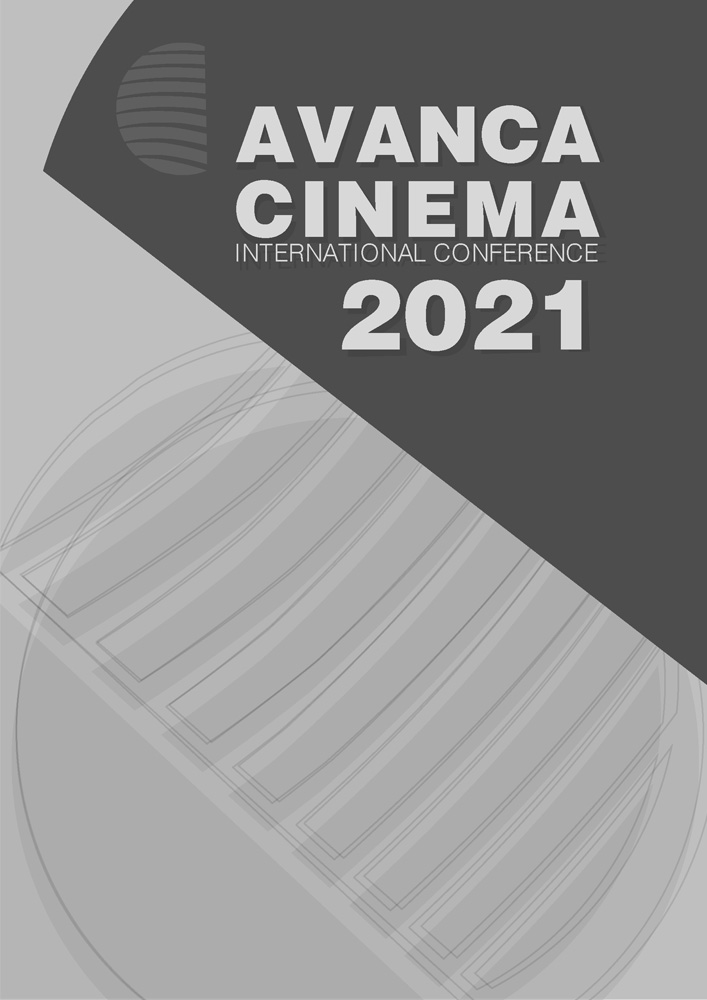Capítulo II _ Cinema - Cinema
Advocating world cinema’s multipolorization
Resumo
Globalization has long had a westernized and westernizing meaning. The word “globalization” itself represents an enduring modern conflict among major Kulturkreise (cultural circles). Today, another major “non-western” major Kulturkreis, East Asia, or more specifically, China (which both suffered and benefited from a radical westernization), has reached its economic summit to become a potential new pole confronting the western world’s cultural domination. Cinema, like most fields, is of western-origin and western-dominant in most of its senses. The universality of world cinema seems to be equal to a homogeneity under western or western-origin dominance, while visual anthropology, also of western origin, can offer a self-reflexive critique for the sake of pluralizing world cinema. The author argues that a fairer solution, both for the western world and some other eventual and emerging dominant cultural powers, would be that the western world itself gives up its Eurocentric dominance while helping other main Kulturkreise establish their own poles. This could in turn maintain the western world’s importance, while ending the Euro- or Occido-centrism in the field of cinema. If (un)translatability is the reason for further globalization of world cinema, its eventual domination by which power being unknown, this essay would hence advocate for the decategorization of cinema. That is to say, to loosen its boundary and understand it as part of a “logic” within a specific (cross-)cultural background in which a film is made.

Este trabalho encontra-se publicado com a Licença Internacional Creative Commons Atribuição 4.0.

